Knowing the difference between ‘SaaS’ and ‘Cloud Computing’
Last Updated on December 13, 2022 by Tatyana Vandich
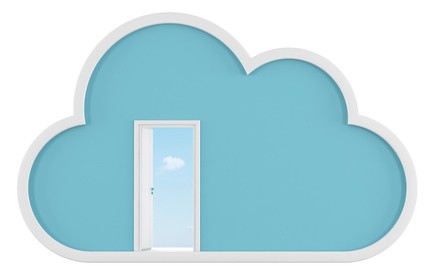 IT consultants and developers throw around tons of IT terms that many business executives don’t fully understand. It’s quite common to hear the terms cloud and SaaS (Software as a Service). However, what’s the difference between these two IT terms? Many non-IT people seem to confuse Software as a Service and cloud computing, which is understandable as these terms are linked. Let’s begin with a short definition of each:
IT consultants and developers throw around tons of IT terms that many business executives don’t fully understand. It’s quite common to hear the terms cloud and SaaS (Software as a Service). However, what’s the difference between these two IT terms? Many non-IT people seem to confuse Software as a Service and cloud computing, which is understandable as these terms are linked. Let’s begin with a short definition of each:
- SaaS: (short for Software as a Service) a software distribution model in which software applications are provided to a customer over a network (Internet) but hosted by a Service Provider.
- Cloud computing: storing and processing data using a network of remote servers hosted on the Internet
Basically, SaaS refers specifically to business software that is hosted and delivered via the cloud. Software as a Service can replace on-premises software systems and allow for more affordable systems with quicker implementation processes. Businesses can eliminate costs associated to hardware (servers), in-house IT staff since IT Service Providers can handle the work, and large initial investments, since SaaS is usually paid by monthly or yearly subscription. Most business software systems are now available as SaaS, such as a fully integrated ERP solution, EDI translation tools and Business Continuity solutions.
Cloud computing, as mentioned in the definition above, has more to do with hosting and delivering data via the Internet. When IT Service Providers mention that they can host your data in the cloud, it entails hosting it in a Data Center. In other words, you would be leasing space on a server in a highly secure Data Center to store and manage your data. You can access this data via the Internet at any time and from anywhere. A company’s data that is hosted in the cloud is owned by that company and NOT the IT Service Provider. Once again, there are reduced costs involved as companies would be sharing space in the cloud and would no longer need their own servers on company premises.

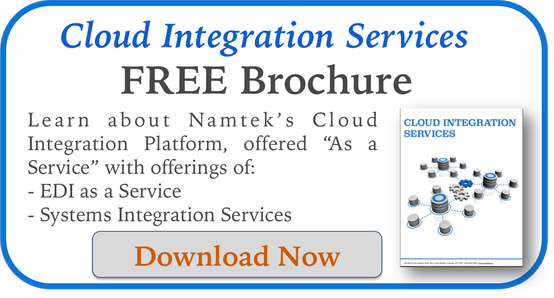

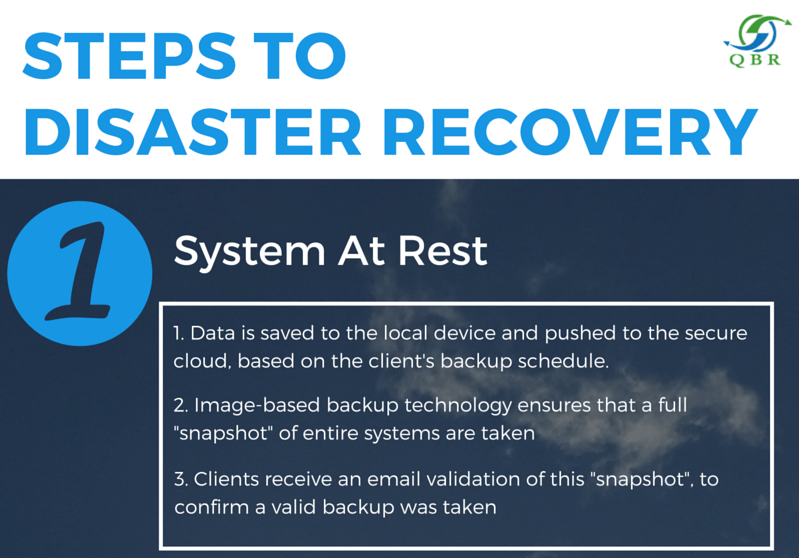
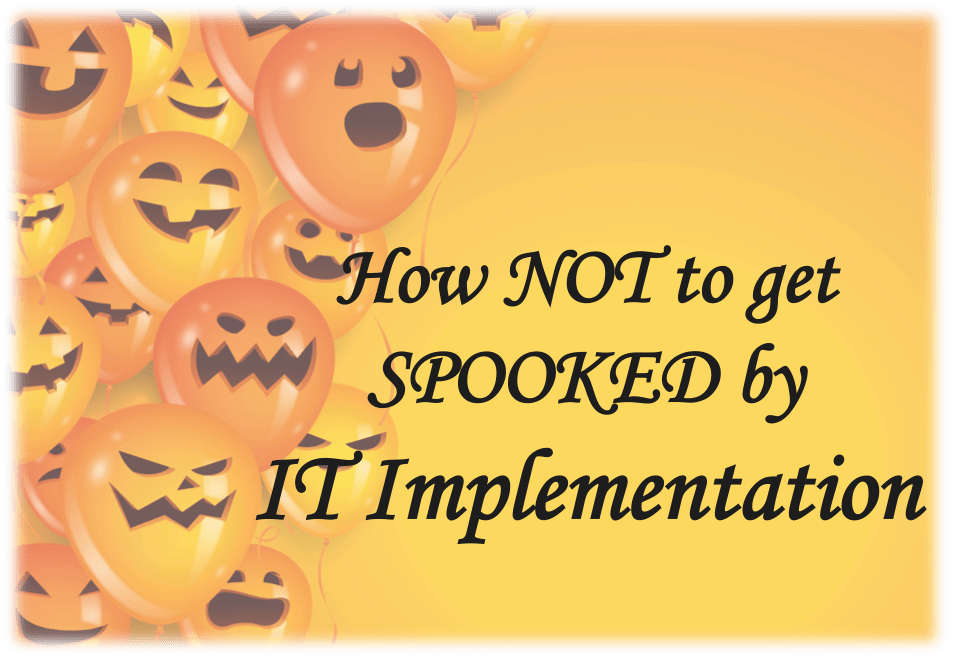

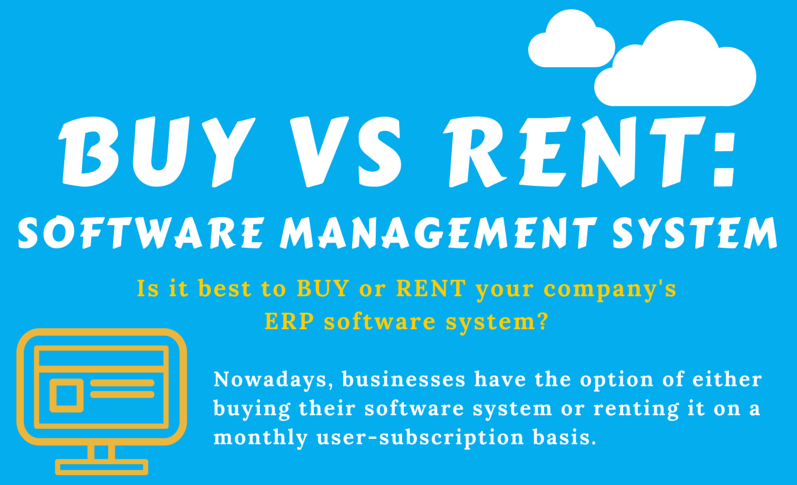
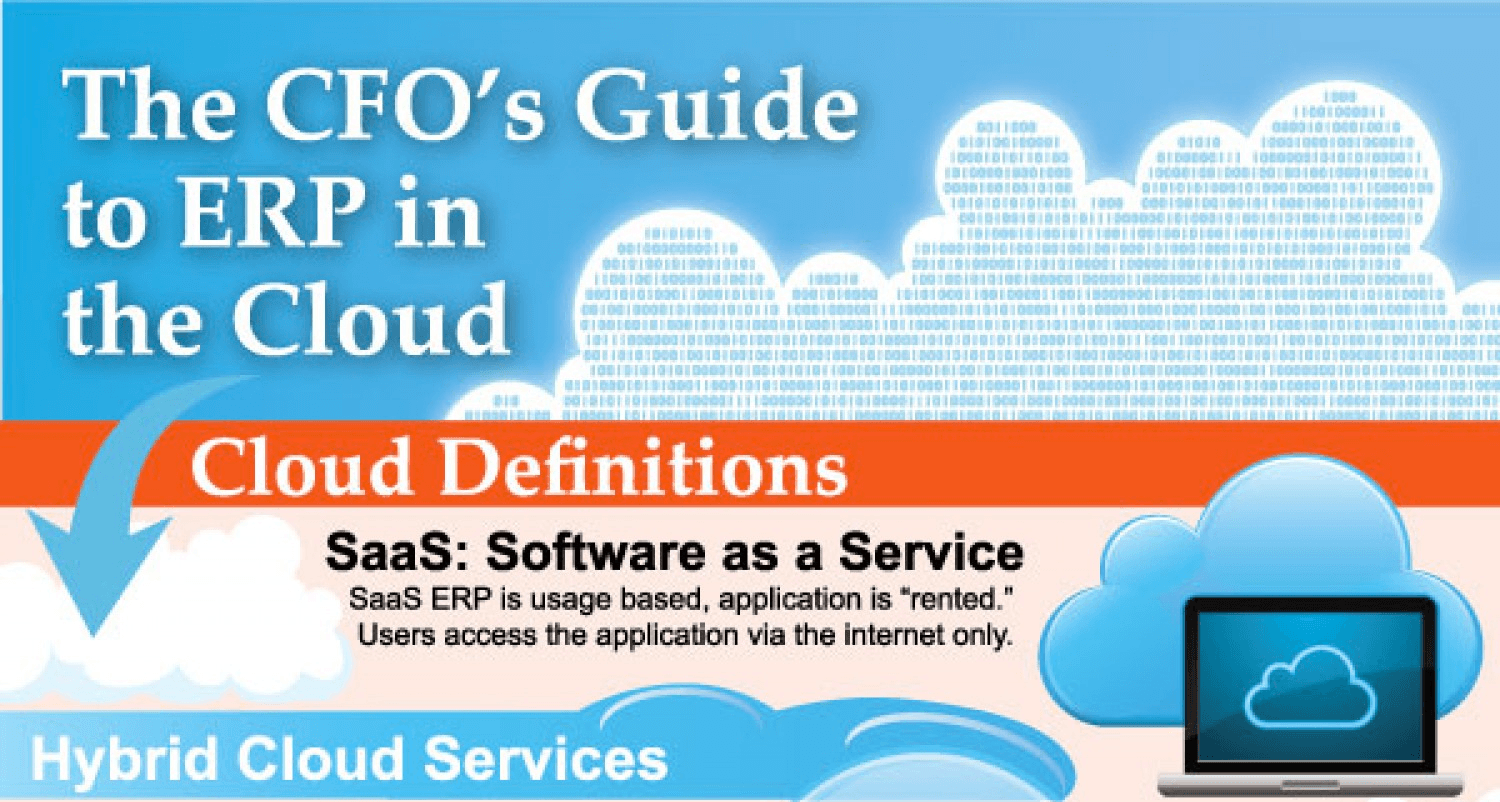


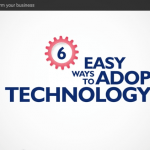
Leave a Reply
Want to join the discussion?Feel free to contribute!